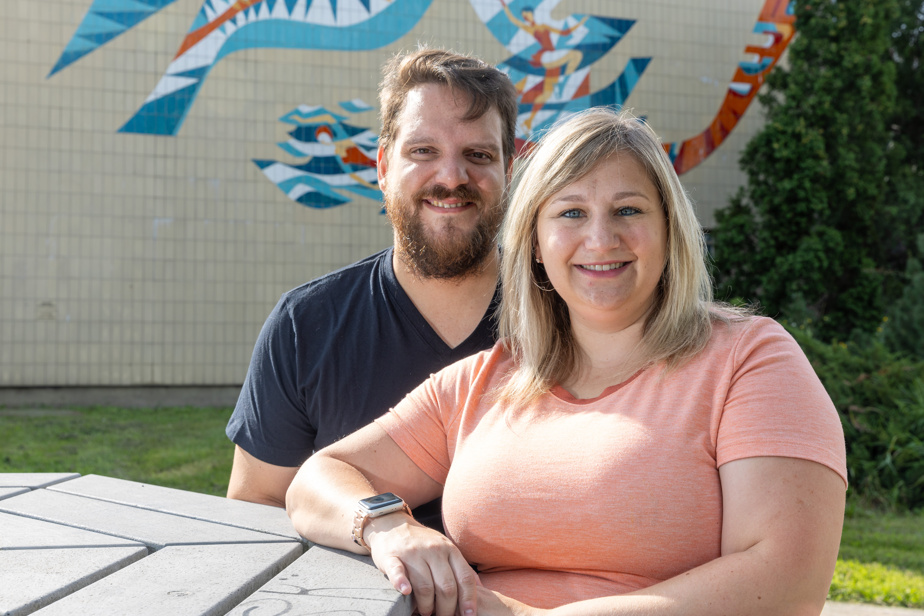Before having children, Sébastien and Natasha lived the life of many: both worked full-time, earned good salaries, and spent money. More than they could afford. The credit card balance kept growing a little more each month. Then, payments would bounce in the account due to lack of funds. In 2018, Sébastien had enough and decided to act.
“I started to educate myself on the subject of personal finances and I looked for an application to help me make a budget and take charge of myself because money was becoming a source of conflict in our relationship “, he explains. Even if he does not share his religious ideas, he chose the tool of the American Dave Ramsey. “I liked his approach because his steps were simple to follow and didn’t require a drastic change to start with,” he explains. This was good for us because at first my wife wasn’t as convinced as I was that we needed to do something with our finances. »
The first step in the plan was to save $1000. “I was complaining about never having money in my account, but I got there quickly by selling things I didn’t need,” he says. It showed us that it was feasible to make changes and my partner was more open to adopting new behaviors afterwards. »
The couple then had to tackle their debts. “Dave Ramsey’s approach is to go from the smallest to the largest, without looking at interest rates,” explains Sébastien. I liked that, because I saw debts disappearing from our list quite quickly. For example, the first was $80, the other was $200: this is well reimbursed. And each time we solved one, we had a feeling of satisfaction and a small gain in motivation. »
One debt at a time, the couple quickly found themselves having to pay off the last, beefier, $18,000, a car loan.
Result ? He paid off $36,000 in debt in 18 months.
Of course, to achieve this, the couple had to make a budget and stick to it. “We were really sticking to paying for our essentials and we cut everything else, like restaurants and compulsive shopping,” says Sébastien.
To control his consumption impulses, Sébastien had to work on the psychological aspect. “It’s like taking control back,” he says. I was talking to myself. I told myself that if I never had money in my account, it was because I made the decision to buy lots of things. But these purchases were not essential. I reviewed my priorities. »
If the couple’s first $1,000 in savings were still there, it was still little like an emergency fund that could cover the unexpected. The next step in the plan was to increase it to three to six months of living expenses. “My wife and I were really happy to save that amount because we were debt free and instantly a lot of stress was gone from our lives,” he says. We hardly ever argued about money anymore. »
Sebastien and Natasha thought they were ready then to start investing for their retirement, to put money aside for their two children and to pay their mortgage more quickly. Now, a cloud appeared in the sky. The last year has been very complicated and difficult, both financially and emotionally. They had to dip into their emergency fund a lot, especially to buy a second car.
“Also, we had to take on a bit of debt for this car and our mistake was not disciplining ourselves to repay that amount as radically as we did in 2018,” he says. This meant that we had less money available each payday. Then we had other difficulties and we had to dip into our emergency fund again. »
The couple has therefore just decided to resume stricter budgetary rigor for the months to come in order to replenish their emergency fund.
“It was a shock to see that we are here today, but at the same time, the difficulties we went through in the last year would have been untenable if we had not turned our situation around in 2018,” he says. -he. We have developed a taste for always having money in our accounts and deciding what we do with it rather than just paying for what we have already spent. We will take over. »
